When spring comes again, everyone will become happy and open their arms to hug. However, there are also someone worrying about the pollen allergy. On the one hand, we are intoxicated by the blooming flowers, on the other hand, we are also annoyed by the pollen they bring. Fortunately, modern science has plenty of tools to offer. Here are specific and science-based strategies for protecting yourself when pollen levels are elevated.
A Brief Guide to Construction Jobs
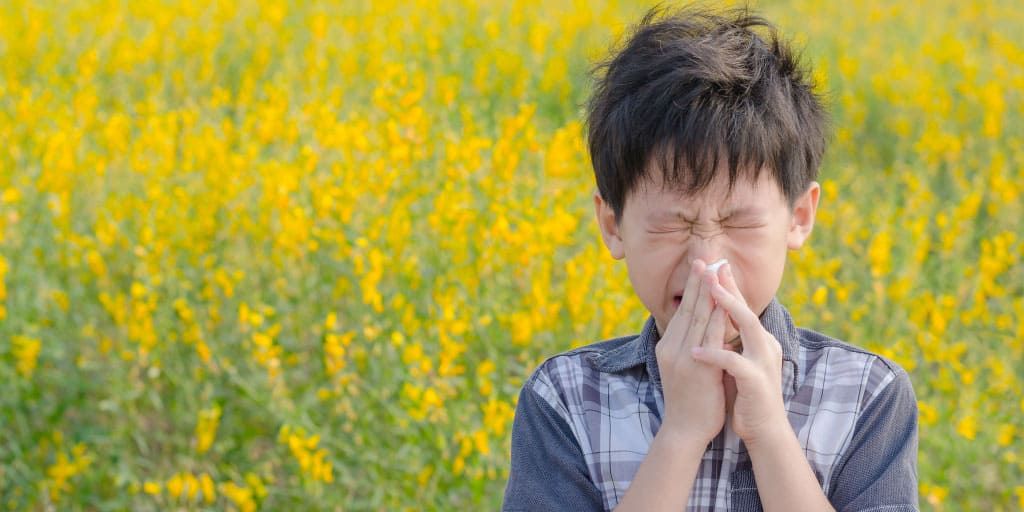
1. Pollen Allergies: What Do You Need to Know?
Pollen allergies (commonly known as hay fever), happens when your immune systems are sensitive to the pollen particles present in the outer atmosphere. When your body finds these pollen particles, it treats it as a foreign body or an invader and hence, leading to allergy symptoms. Tree pollen, grass pollen and weed pollen are the commonest for your allergies. But, with effectual tools, you can protect yourself well from pollen allergies.
2. Essential Equipment for Protection From Pollen
HEPA Filters: One of the first and most critical factors to address when facing pollen allergies is indoor air quality. High-efficiency particulate air filters with lights to trap the small pollen particles in order not to fill your houses and homes. Portable air purifiers are especially helpful in bedrooms and common spaces where people spend the most time. To get the most out of an air purifier, look for one that has a True HEPA filter and change filters as needed.
Nasal Filters and Masks: On high-pollen days, wearing a mask outdoors (preferably ones designed to filter allergens) can greatly decrease inhalations of them. Surgical masks or respirators (such as N95 masks) block pollen particles well. Nasal filters — small, discreet devices that are inserted inside the nostrils — can also catch pollen before it reaches the respiratory tract.
Saline Nasal Rinses: An irrigation of the nasal passages with saline (via a neti pot or squeeze bottle) clears out pollen and alleviates congestion. This email address is used so you can also apply this easier method without any drugs every day to remove psychoemotional signs of suffering. But ensure that you use distilled or sterilized water to prevent infections.
Protective Clothing and Hygiene Practices: Pollen clings to hair, skin and clothes, so showering and changing clothes after being outside can limit exposure. Sunglasses help protect the eyes from floating pollen, and keeping all windows sealed shut, both at home and in the car, keeps indoor pollen down.
Though these responses are a bodily function to stop further pollen contact, they are unwelcome if you are very sensitive to pollen.
3. Lifestyle Modifications
Avoid outdoor activities when pollen counts are high (early morning and late afternoon).
Avoid drying laundry outdoors, so pollen doesn't get on clothing and bedding.
Wash pets regularly, since they can bring pollen inside on their hairy coats.
Stuff pillows with hypoallergenic material and regularly vacuum a HEPA-filter vacuum cleaner in the bedroom to keep it pollen-free.
4. When to See an Allergist
If you continue to have symptoms despite using these strategies, see an allergist. Allergy testing can help determine specific triggers, and personalized treatment plans — whether that means prescription medications or immunotherapy — provide long-term relief.
Here are some tools and strategies for getting through pollen allergy season with less discomfort so you can enjoy the outdoors this spring. From air purifiers and pollen forecasts to medications and nasal rinses, science provides several ways to fight allergies effectively. Being aware and staying ahead of allergy season can help people manage this difficult time of year better. As pollen counts increase, keep in mind, prevention is critical, and early intervention is key. Be prepared, be protected, and breathe easy this season.


Guess you like
-
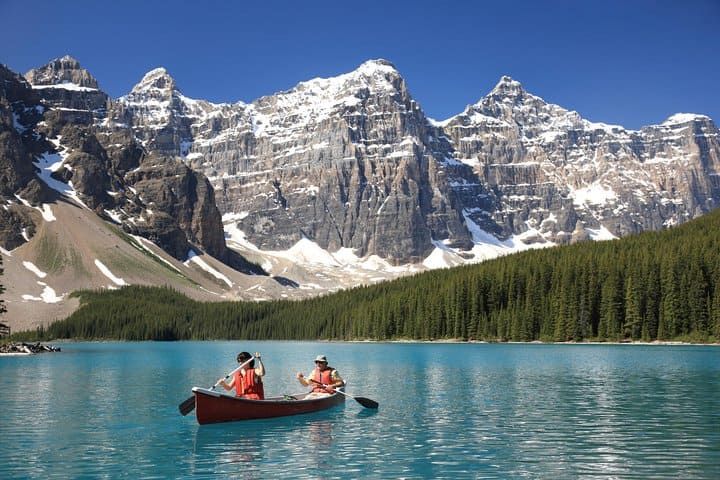
Ways to Choose Canadian Rockies Tour Packages
-

Best Luxury Cruises in the USA: Unforgettable Voyages of Elegance and Adventure
-

How to Get the Best River Cruise Deals
-

Top Lululemon Products Worth Adding to Your Wardrobe
-
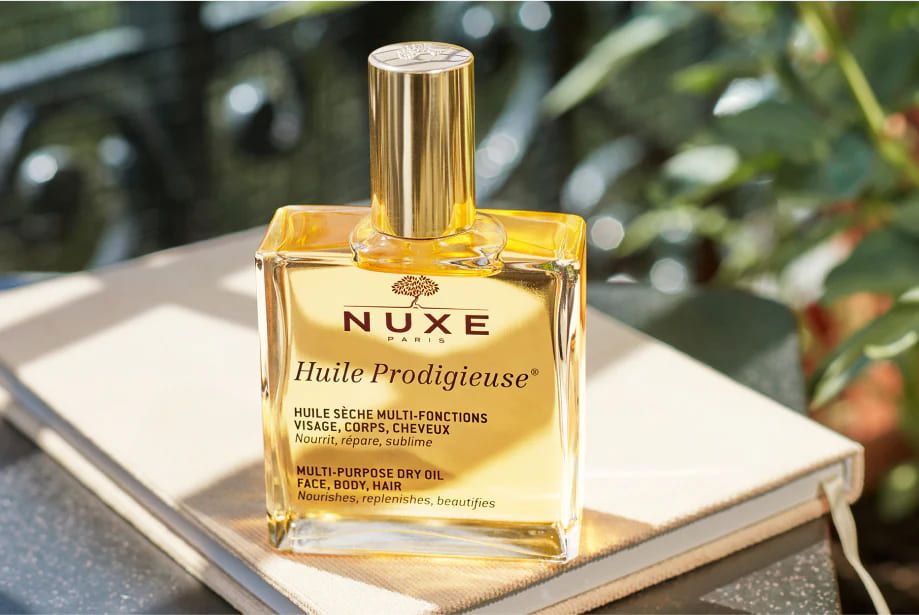
A Bottle Sold Every 7 Seconds: What Makes Nuxe Paris' “Natural Aesthetics” So Irresistible?
-

Sacheu Beauty's Viral Peel-Off Lip Liner on TikTok: How Does It Attract Consumers?
Trending
-
1

Kim Kardashian vs. Kylie Jenner: A Deep Dive Into Which Beauty Empire Deserves Your Money
-
2

Finding the Perfect Foundation for Students: Gentle, Affordable, and Skin-Friendly Options
-
3

Avoid These Kylie Cosmetics Products: A Honest Review
-
4

Why Has Dior 999 Remained an Iconic Lipstick for Decades
-
5

Why Can Chanel No. 5 Endure Forever Among So Many Perfumes
-
6

Best Makeup Foundations for Flawless and Radiant Skin
Featured?Articles
-

Kim Kardashian vs. Kylie Jenner: A Deep Dive Into Which Beauty Empire Deserves Your Money
-
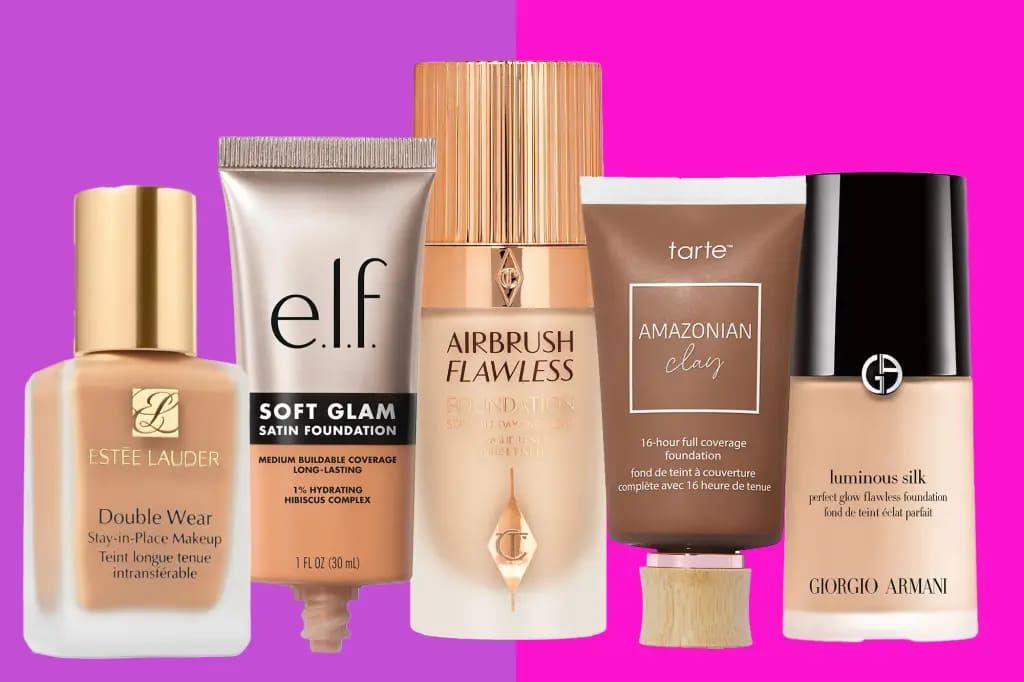
Finding the Perfect Foundation for Students: Gentle, Affordable, and Skin-Friendly Options
-

Avoid These Kylie Cosmetics Products: A Honest Review
-

Why Has Dior 999 Remained an Iconic Lipstick for Decades
-

Why Can Chanel No. 5 Endure Forever Among So Many Perfumes
-
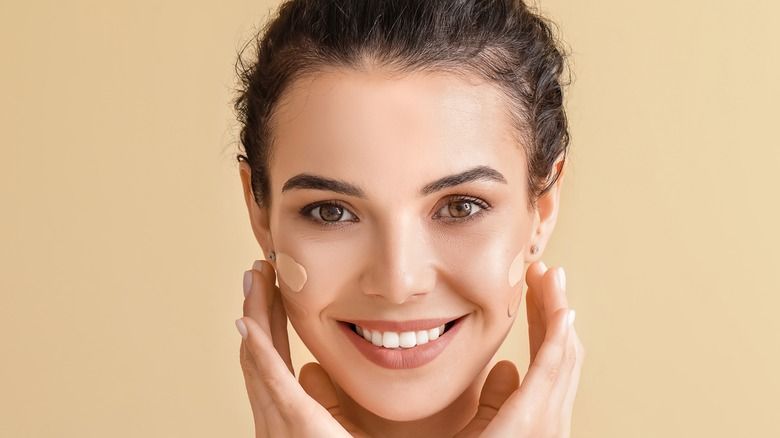
Best Makeup Foundations for Flawless and Radiant Skin


